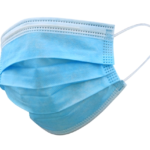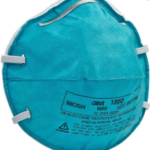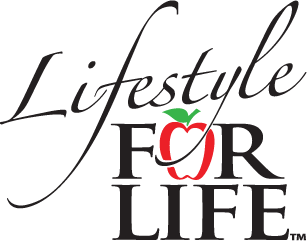 Masks are an effective way of protecting oneself from pollutants and more recently with the spread of the Covid-19 virus, many people are looking to masks as protection. If you would like to know more about the types of masks available and their uses, or to determine an informed course of action please continue reading.
Masks are an effective way of protecting oneself from pollutants and more recently with the spread of the Covid-19 virus, many people are looking to masks as protection. If you would like to know more about the types of masks available and their uses, or to determine an informed course of action please continue reading.
Face Masks and How They Work
Face Masks are designed to cover the nose and mouth filtering out pollutants when you breathe through them. each layer is designed for blocking different pollutants. Face masks can fall into one of 3 main types of filters.
Primary filters work to stop large particles such as dust and pollen or mold. They cannot remove smaller particles such as smoke or metals.
Particle Filters are designed to stop smaller pollutants, like smoke and metals.
Carbon filters are designed with activated carbon to filter our gaseous pollutants that primary and particle filters leave behind.

Surgical masks are simple face masks that most are familiar with and come in varying thicknesses. This is your basic Primary filter. They provide a barrier between your nose, mouth and the environment. A good quality mask of this type will help block droplets and splatter that may contain germs. They are a good option to help you avoid spreading infection.
 N95 Air Masks can filter out up to 95% of all air pollutants, including smoke and metal, but are not good in filtering out oil based pollutants such as VOC’s benzene or smog. This is a type of particle filter. They can be reusable; washed or treated a few times before needing replacement. These masks need to be fitted well in order to be effective. The best varieties of N95 masks will come with a metal nose fitment and adjustable straps.
N95 Air Masks can filter out up to 95% of all air pollutants, including smoke and metal, but are not good in filtering out oil based pollutants such as VOC’s benzene or smog. This is a type of particle filter. They can be reusable; washed or treated a few times before needing replacement. These masks need to be fitted well in order to be effective. The best varieties of N95 masks will come with a metal nose fitment and adjustable straps.
The N99 & N100 masks filter 99% and 99.97% of small particles that are water based. The P95 masks are designed to also filter out oil based pollutants and is usually used for industrial purposes. It is costly and needs to be replace after 40 hours of use.
As protection against viral infections masks only work if cross contamination procedures are followed. Should you use your mask to stop yourself from getting sick, remember this, the virus will remain stuck to your mask. When you touch the mask, it will transfer to your hands, and from your hands to your face when you touch it. Be extra careful, use a sanitizer or wash your hands whenever you touch your mask.
The better option to isolate & social distance yourself if you want to protect yourself. Masks can help you stop spreading viruses to other people if you have already contracted the virus. Remember, nothing beats proper hygiene, so wash your hands regularly.
